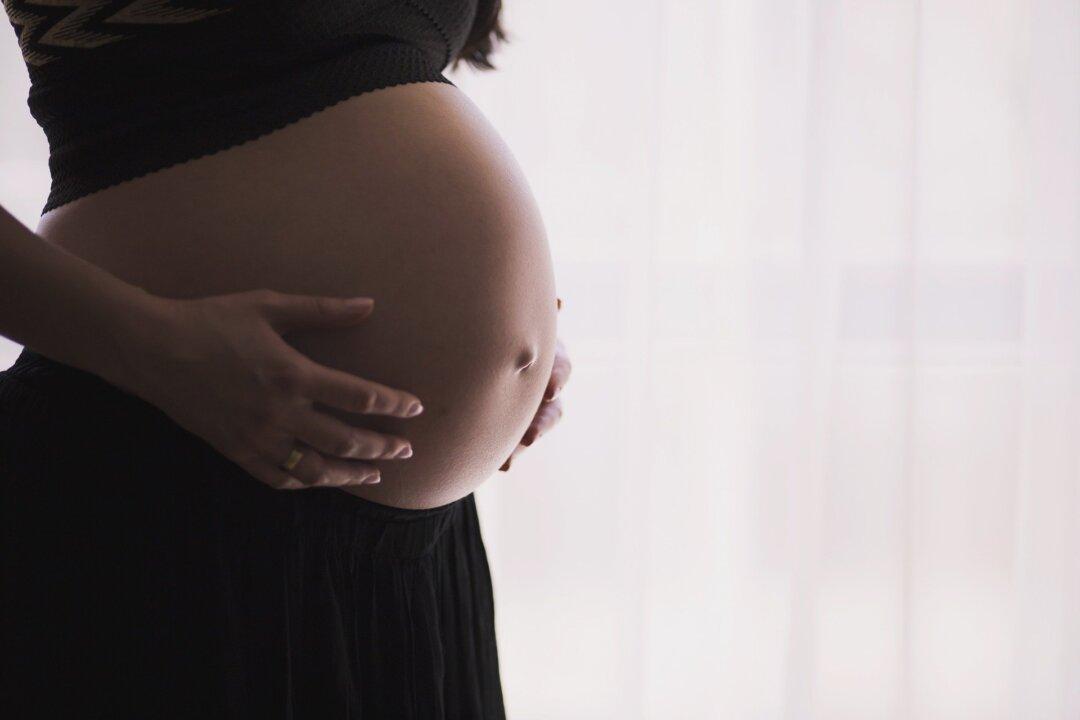Peers are preparing to press the UK government to replace the word “person” with the word “woman” in a proposed Maternity Bill, The Telegraph reported on Monday.
Lord Hunt of Kings Heath is in talks with fellow House of Lords peers and will be urging the government to revise the Ministerial and other Maternity Allowances Bill (pdf) amid worries that the wording used could be “taken as a precedent for future legislation,” according to The Telegraph.





